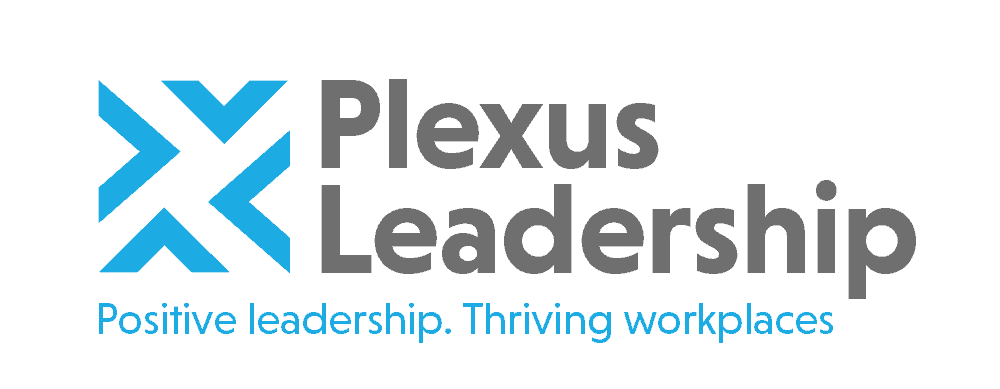Everywhere I go I hear praise heaped on Elon Musk and his innovative businesses. And rightly so. Together with the talented teams he has assembled, he has built some of the world’s most disruptive companies, specifically Tesla, SpaceX and Neuralink. His futuristic business ventures and original leadership style have attracted admiration from investors, business leaders, politicians, academics, and entrepreneurs from all over the world. His enormously ambitious SpaceX venture, for example, has pioneered technology that enables rocket boosters for space rockets to be reused by landing them again. This saves tens of millions of dollars with each successful launch, a remarkable achievement.
Despite all this praise and fascination with Musk and his ventures, we are not seeing many business leaders embrace his bold and audacious style nor his futuristic, innovative, and green business models. Why?
Short-term financial measures
Financial controls and performance measures like tight and restrictive budgeting, EBITDA and earnings per share undermine the scope for leaders to invest time, talent and resources in innovative projects that could be game-changing for organizations. These limiting financial measures motivate leadership behaviours that favour milking the “cash cows” and sweating existing assets. Adopting a green business strategy and investing in advanced technologies is often risky, expensive and diverts resources from current returns and rewards so these programs are neglected or deprioritised.
There is no simple solution to this dilemma, especially for established public companies, where shareholders usually expect reliable and growing dividends. However, by explaining the purpose and rationale for investing in sustainability and innovation, even public companies can engage the support of shareholders to allocate more resources to innovation and sustainability programs. Together with Tesla, bold and farsighted innovators like Unilever, Google, Apple, Astra Zeneca and Toyota have all proven that this purpose-driven approach can work well, even though it requires time, patience and perseverance to get right.
Lack of courage and risk-taking
Courage among leaders seems to be in short supply nowadays. There are two main types of courage. The courage to be voice one’s opinions and challenge others, including those more powerful than you. The other related type of courage involves risk-taking and experimentation in the pursuit of progress and improvement. It is unsurprising that leaders don’t always feel able to exercise courage as many, just like those below them, don’t feel psychologically safe. They live in fear of making mistakes as mistakes are too often met with negative consequences and if significant, even the loss of one’s job. They are also not incentivized to be bold, experiment and take risks. Rather, they are compelled to keep their heads down, not question top management too much and achieve short-term goals. Because of the trickle-down effect of leadership, this risk-aversion and lack of candour is mirrored further down in the organization, undermining courage, creativity, and curiosity in many organizations.
Hiring more entrepreneurial and courageous leaders can help. However, this will not change the underlying culture of the organization. If the culture is a top-down, autocratic one, new hires who wish to deploy their courage and entrepreneurial strengths will simply become frustrated and demotivated when their attempts are repulsed too many times, ultimately causing them to depart the company. What is needed for lasting change is a culture anchored in trust, inclusivity, curiosity, and candour. A positive culture like this will promote empowerment, commitment, and psychological safety, unlocking people’s ideas, opinions, and energy to drive business improvement and innovation.
Insufficient focus on creativity and innovation
A few weeks ago, Sir Ken Robinson, a British education guru sadly died. He was an enthusiastic champion for reform of the education system that he claimed stifled creativity. I would strongly urge you to watch his TED Talk video called “Do Schools Kill Creativity” if you have not already done so. It has had over 67million views so far and is, in my opinion, one of the best TED Talks ever.
It is not just schools that kill creativity. Organizations and the way they are led can knock the creativity out of us too. Company cultures and people practices are still overwhelmingly biased in favour of logical, analytical, and critical thinking capabilities. This means that creative, intuitive, and future thinking are often underrepresented and unvalued, yet it is these skills that are most important to tackle complex challenges and accelerate the rate of innovation.
Organizations usually have an abundance of untapped ideas in their workforce, but they suffocate creativity and innovation with bureaucracy, including overly restrictive planning, budgeting, and performance reviews. They also make a lot of mistakes in how they organize people to unlock ideas and innovation. Some organizations focus all innovation in one isolated R&D function while others place new ventures into separate silos or incubation units. These silo’d structures create two classes of employees – those who have all the fun creating new stuff and those who make the money. To avoid this damaging and divisive separation, it is important to build an organization where everyone feels involved in coming up with ideas to improve processes, products and services. This requires tighter connections between those primarily responsible for innovation and the rest of the workforce through a strong shared purpose, cross-boundary teamwork and collaborative, positive leadership.
To create more companies like Tesla, Apple and Toyota, creativity, innovation, and sustainability need to become higher priorities for top management, HR and Finance. Only then will we reach a tipping point where organizations find new, more sustainable ways of doing business that will be good for customers, the planet and even shareholders. But this will require transformation of leadership and cultures in many organizations to unlock trust, psychological safety, and openness, so that creative thinking, innovation and candour can flourish. As pointed out by the late Peter Drucker, the management guru and author: “Every organization…not just businesses…needs one core competence: Innovation”.
Other Posts

About the Author
James Brook
Founder and MD | Leadership Consultant | Organizational Psychologist
James is a leadership consultant, organizational psychologist and executive coach. He has over 25 years’ experience working with leaders, teams and organizations globally to optimize their performance, talent and future success. He specializes in positive leadership, thriving workplaces, collaboration and influencing, organizational change and transformation, accelerating innovation and coaching executives and leaders in innovative sectors including Tech, Digital, E-commerce and Life Sciences.
Before setting up Plexus Leadership, James held leadership roles in HR and Talent Management in the UK and abroad with companies such as NatWest, Yahoo! and Novo Nordisk Pharmaceuticals. After this, he founded and led several talent and leadership consulting and assessment businesses, including Strengthscope®, an online strengths assessment and development business serving a wide range of UK and global clients. James grew this venture into a global market leader before selling the business in 2018.
James has supported, advised and coached leaders and teams globally across diverse industries and geographies. Clients he has worked with include Allen & Overy, Commvault, Equinor, Facebook, GSK, Hilton, John Lewis, Novartis Pharmaceuticals, NHS, Oracle, Sainsbury’s, Swiss Re, Tesco, Takeda Pharmaceuticals, WSP and Yahoo!.
James has a Master’s in Organizational Psychology, an MBA, an Advanced Diploma in Executive Coaching and a Harvard Business qualification in Sustainable Business Strategy. He is a member of the Institute of Directors, the Association of Business Psychologists and a Fellow of the Chartered Institute of Personnel and Development (FCIPD). He is currently undertaking a PhD in Organizational Psychology examining the start-up experiences of Tech and Digital entrepreneurs.
James is a regular contributor and speaker on leadership, coaching, innovative talent management and the future of work. His most recent book, Optimize Your Strengths, explores how leaders can create thriving workplaces by inspiring and supporting people to optimize their potential and teamwork to deliver breakthrough results.





